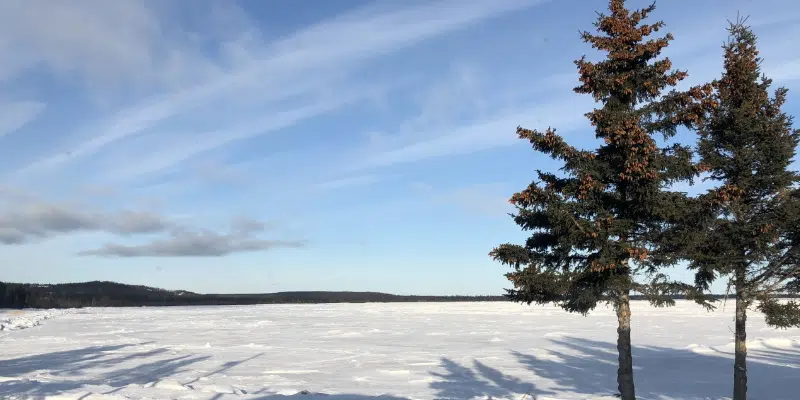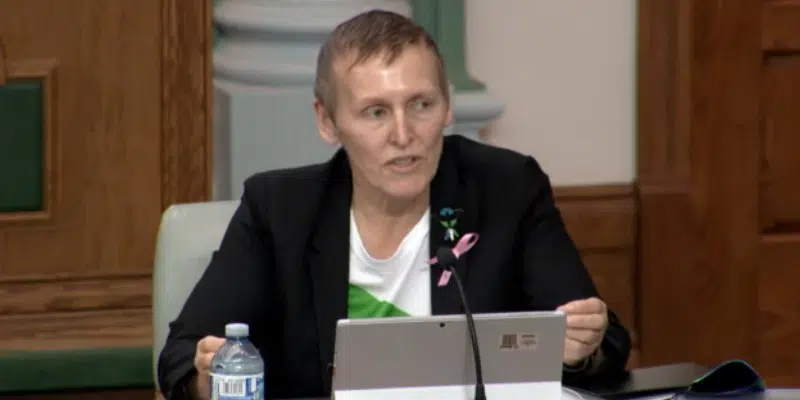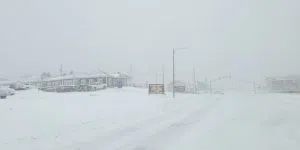The projected impact of climate change is among the focuses of this year’s Vital Signs report, and it shows Labrador will see the most dramatic changes through to the end of the 21st century.
The projected change in the average daily temperature over the next 30 years compared to what was experienced in the last part of the 20th and early 21st century varies dramatically depending on where you live.
The greatest change will be seen in Labrador with winter temperatures expected to warm up by nearly 13 degrees on the Ungava Peninsula at the very northern tip of Labrador. Even in central and southern Labrador the projected winter temperature increase is projected to be between 7 and 9 degrees.
Temperature increases can be expected in the coming years. Particularly in Labrador. Nain is projected to be as warm seasonally in 2100 as St. John's is today. @VOCMNEWS pic.twitter.com/XESnNb2jtC
— Richard Duggan (@RDugganVOCM) October 21, 2021
In Nain average winter temperatures are expected to rise from about -15 now to -5 in the year 2100. Summer temperatures are projected to rise from 10 degrees to close to 15.
When it comes to projected changes in precipitation, the island is expected to see the greatest increase in daily winter precipitation at just over 1 mm.
Torngat Mountains MHA Introduces Climate Change Petition in HoA
The MHA for Torngat Mountains has introduced a petition in the House of Assembly asking government to declare a climate emergency.
Lela Evans cited a recent Scientific American magazine article stating that it’s time to acknowledge that humankind is living in a climate emergency.
She says an emergency is a serious situation that requires immediate action and likened it to a person calling 911 because their house is on fire.
“We need immediate action to start the process to stop and reverse climate change,” says Evans. “If we don’t do that now…and declare a climate emergency” she says, “by the time the fire truck shows up, the house is going to be burnt down.”
The petition calls on government to declare a climate emergency, establish a task force on decreasing the effects of the climate crisis while building community resilience and asks that government consider the climate in all policy and decision-making.
























